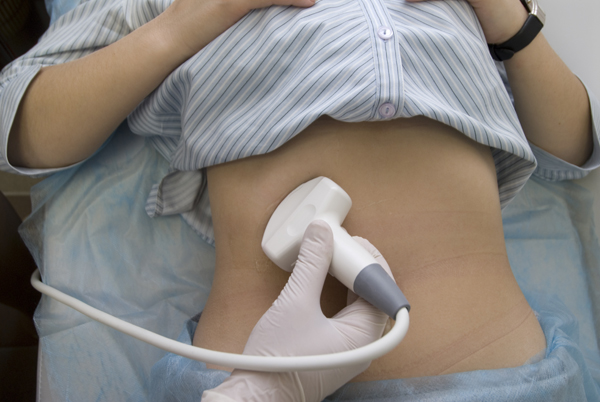According to researchers at the University of Helsinki, patients with mild appendicitis who were treated with antibiotics do not have a higher risk of developing complications, within one year of starting treatment. While antibiotics may be an option for patients with mild appendicitis, the researchers warn that no long-term studies have been performed to determine patient outcomes.
At present, surgery is the most common treatment for appendicitis, with over 300,000 appendectomies performed in the US every year. Though previous studies have provided evidence that some cases of non-perforated appendicitis may benefit from a course of antibiotics, surgery still remains the dominant treatment option.
To determine whether antibiotics could be an alternative to an appendectomy for some patients, researchers from the University of Helsinki in Finland and McMaster University in Canada, analyzed data collected from five clinical trials comparing the two treatment options for appendicitis. The meta-analysis – the results of which were published in the British Journal of Surgery – included outcomes from over 1,000 patients.
The researchers found that five percent of patients who received antibiotics experienced serious complications, while 8 percent of appendectomy patients experienced the same. In comparing the data from the five trials, the investigators found that eight percent of patients in the antibiotics group had to undergo an appendectomy within one month of starting treatment.
Twenty-three percent of these patient experienced recurrent appendicitis within the twelve month follow-up period. “The studies did not provide high quality evidence for complications, but according to the best evidence available, using antibiotics as the primary treatment for mild appendicitis does not lead to more complications in the first twelve months of follow-up,” said Ville Sallinen, a gastrointestinal surgeon with the Helsinki University Hospital.
“Used as the primary treatment, antibiotics reduced the number of surgeries by 92 percent within the first month of diagnosis,” said Kari Tikkinen, an adjunct professor at the University of Helsinki. “However, this choice of treatment meant that appendicitis recurred in 23 out of 100 patients within one year. Moreover, no long-term follow-up exists for now.”
Both Sallinen and Tikkinen agree that antibiotics could be used to treat mild appendicitis, however it’s unclear how many of those patients will require surgical removal of the organ in the long run. Doctors are also uncertain as to what effect an increase in antibiotic prescriptions for appendicitis might have on the growing issue of antibiotic resistance in bacteria.
“Would a change in treatment preferences and an increased use of antibiotics further boost this negative trend? A diagnosis must always be made in emergency surgical care. The treatment must not be chosen based on suspicion alone,” said Sallinen.
“In medicine and surgery, treatment choices are increasingly based on shared decision-making, where patients and care providers make decisions together,” said Tikkinen. “I expect that this will also increasing apply to treatment of mild appendicitis.”












Join or login to leave a comment
JOIN LOGIN